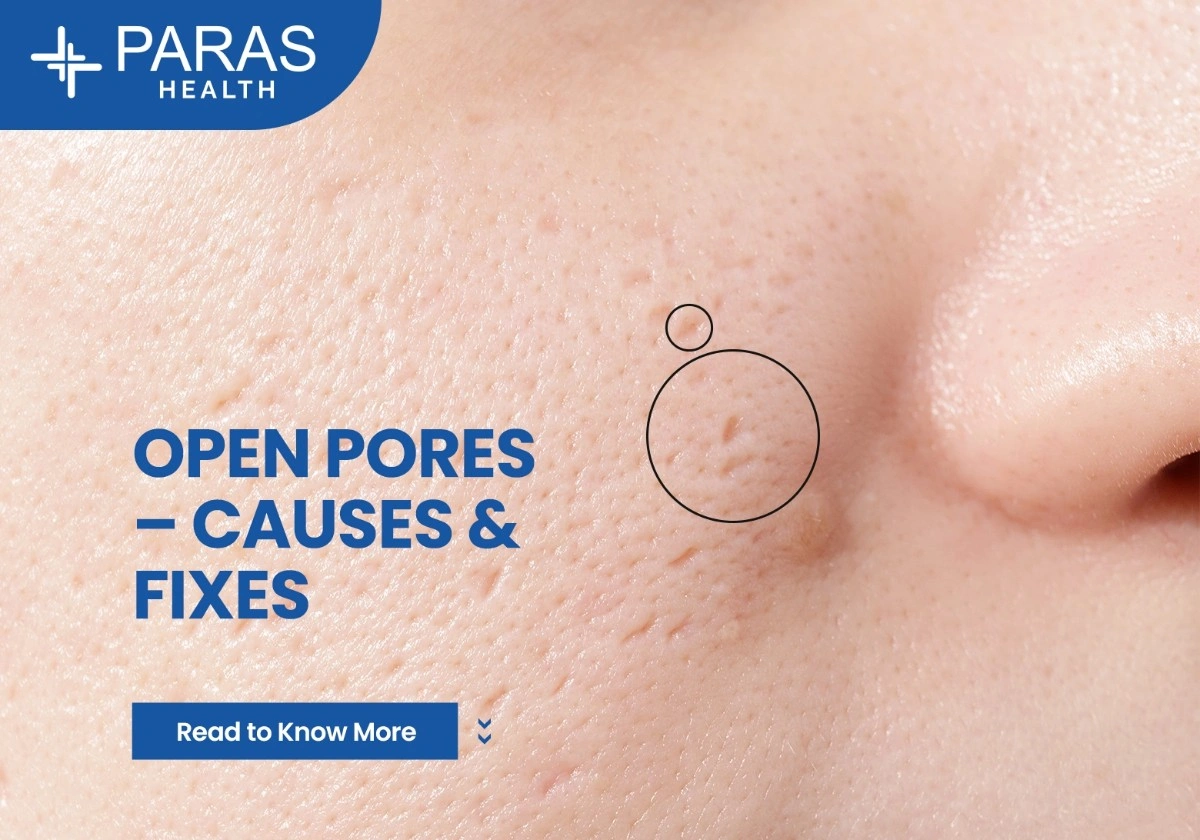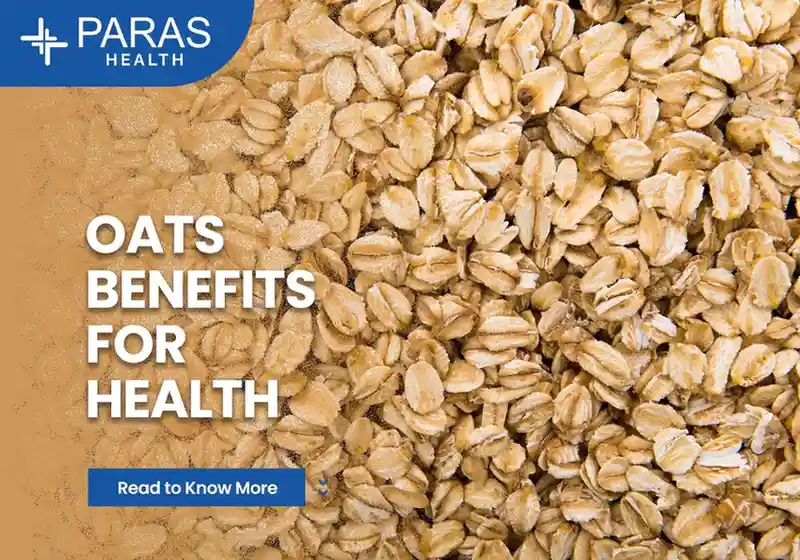Blogs
- All
- Cardiac Sciences
- Clinical Psychology
- Critical Care
- Dentistry
- Dermatology & Cosmetology
- Emergency Medicine
- Endocrinology
- ENT, Neck & Head Surgery
- Gastro Sciences
- General Surgery
- Internal Medicine
- Neuro Sciences
- Obstetrics & Gynaecology
- Onco Care
- Ophthalmology
- Orthopaedics
- Paediatrics
- Plastic Surgery
- Psychiatry
- Pulmonology
- Renal Sciences
- Emergency
- Urology
- Liver Transplant & GI Surgery
- Dietetics & Nutrition
- General
Plastic Surgery | Post Date : Aug 23, 2025
Have you been struggling with areas of stubborn fat that just won’t go away—no matter how much you diet or exercise? If so, you’re not alone. For many people, fat pockets in areas like the belly, thighs, arms, or chin can be incredibly resistant to change. Fortunately, there's a safe and effective solution: Power-Assisted Liposuction (PAL).
Continue Reading
Dietetics & Nutrition | Post Date : Aug 21, 2025
Ashwagandha has been treasured for centuries as a natural remedy for various health concerns, and lately, it's been gaining even more attention as people search for natural ways to boost their well-being.
Continue Reading
Dermatology & Cosmetology | Post Date : Aug 19, 2025
When you look in the mirror and see tiny holes or uneven texture on your skin, you’re most likely noticing open pores. While everyone has pores (they allow sweat and oil to reach the skin’s surface), in some people they appear larger and more visible.
Continue Reading
Obstetrics & Gynaecology | Post Date : Aug 18, 2025
Incomplete abortion happens when some pregnancy tissue remains in the uterus after abortion or miscarriage. It can cause heavy bleeding, pain, or infection. With timely diagnosis and safe medical care, recovery is possible without long-term complications.
Continue Reading
Dietetics & Nutrition | Post Date : Aug 16, 2025
Have you ever wondered if oats are really that healthy?
Or maybe you’ve heard people say, “Start your day with oats,” but you’re not sure why?
Continue Reading
Internal Medicine | Post Date : Aug 05, 2025
A high ESR (Erythrocyte Sedimentation Rate) in women is often a sign of inflammation—not a disease itself. It can be caused by infections, anemia, hormonal changes, autoimmune conditions, or stress. Mild elevation is common and usually not dangerous, but values above 50 mm/hr should be evaluated by a doctor.
Continue Reading



.webp)




